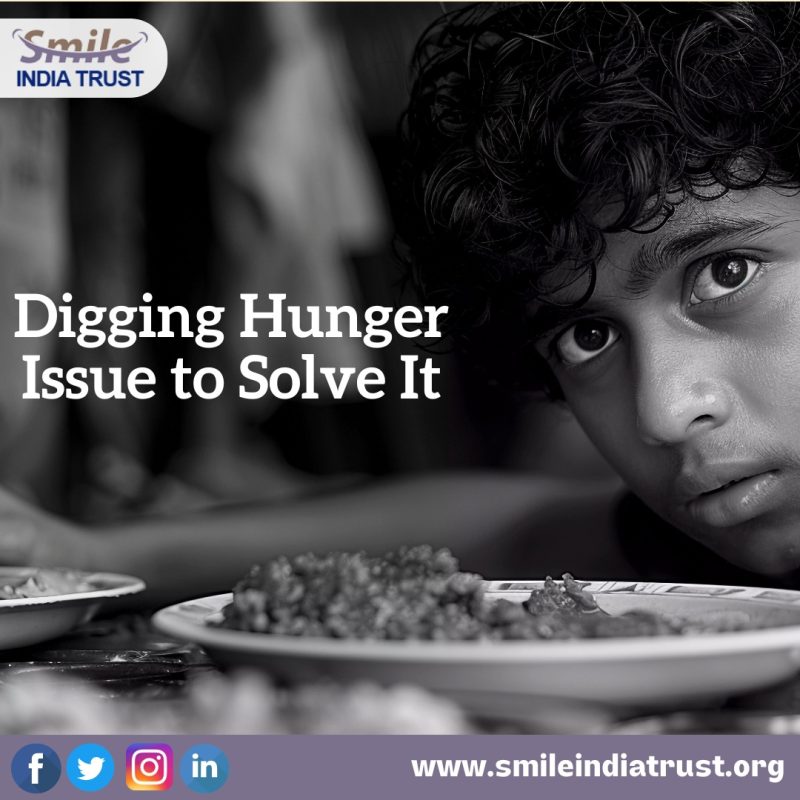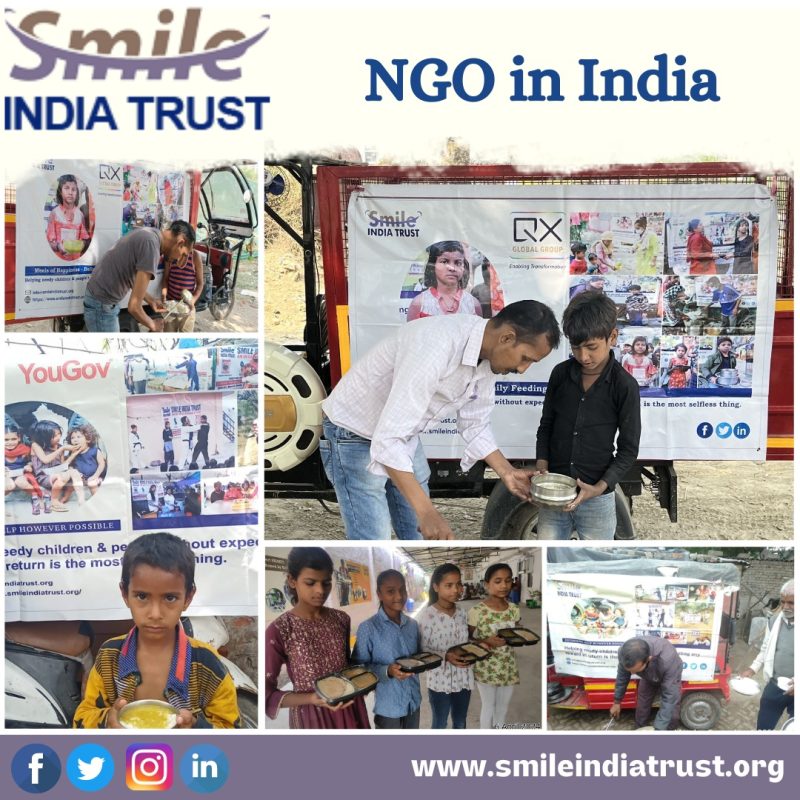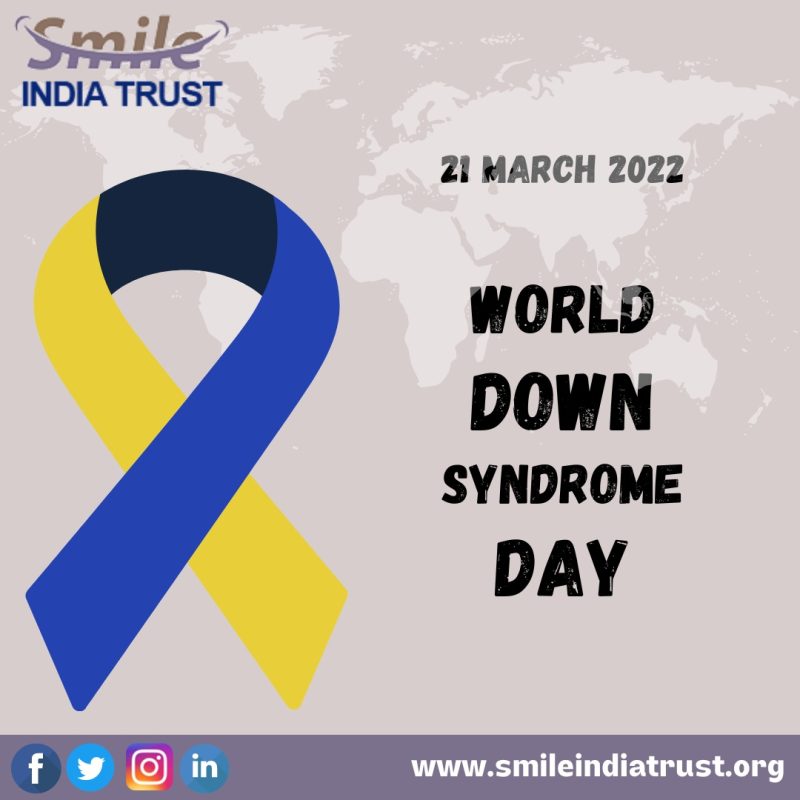Hunger remains a pervasive issue in the world, despite the abundance of food resources available. The scarcity of food not only debilitates individuals but also restricts the potential of those who have the ability to effect positive change, not just for their families, but also for their nations. Smile India Trust, an NGO in India, […]
Category Archives: NGO in India
Basic needs are the fundamental requirements for survival and growth, which include food, water, shelter, clothing, and healthcare. These needs are crucial for our physical well-being and enable us to live a healthy and fulfilling life. It is essential to ensure that everyone has access to these basic needs to promote a happy and prosperous […]
We can pretty much guarantee that everyone has seen the film TaareZameen Par. The film’s clear message is that every child is unique and special in their own way and that children are the stars of the world. We all are busy in mocking others when we see they are different from us. However, we […]



